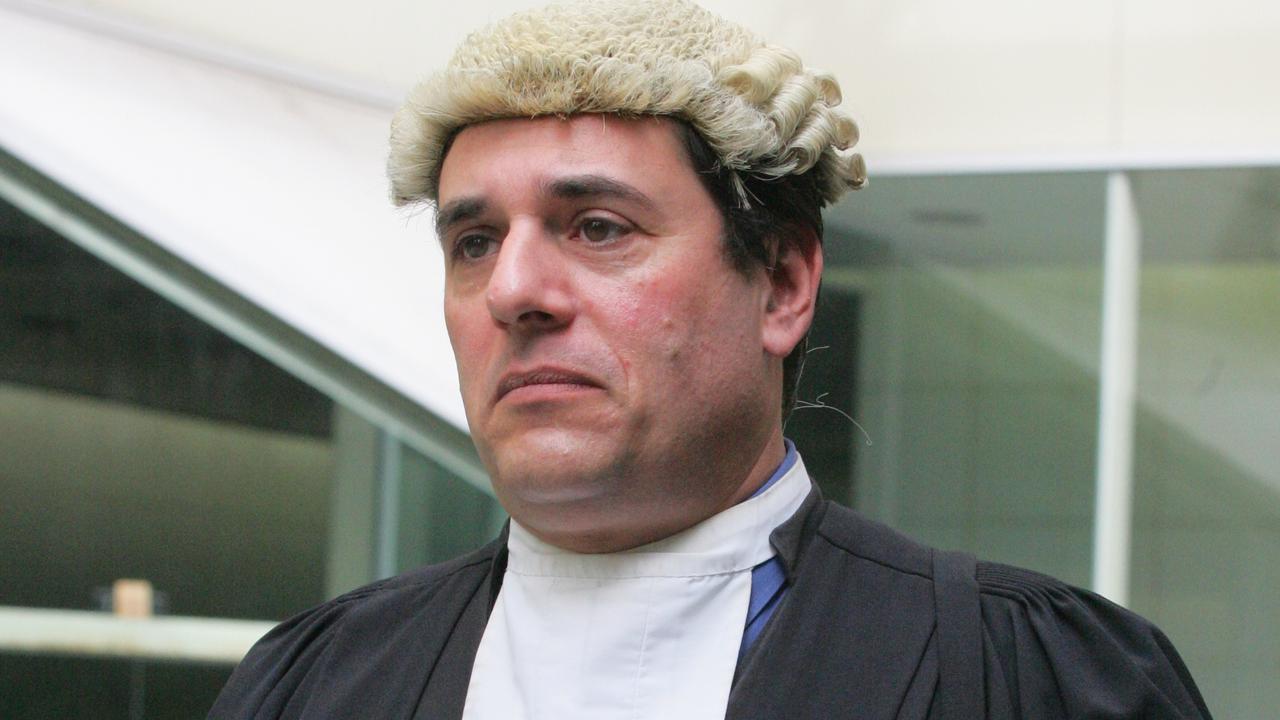Family Court in poor shape, lacks independence, says judge
The Family Court of Australia suffers from ‘catastrophic failures of governance’, according to a well-respected judge.

The Family Court of Australia is in “poor shape” and suffers from “catastrophic failures of governance” and a “lack of independence” from government, according to the well-respected judge who was sacked as head of the court’s appeal division.
The comments by Stephen Thackray — who was controversially removed as head of the appeal division in March — are revealed in an explosive handover memo to his successor, obtained by The Australian.
Chief Judge Thackray quit the Family Court of Australia following his removal as head of the appeal division, but remains head of the Family Court of Western Australia, the only state to retain a separate family law system.
In his 15-page handover memo, dated March 15, Chief Judge Thackray said the Family Court of Australia was, “according to all informed observers”, in “poor shape”.
“It suffers by virtue of systemic delays, catastrophic failures of governance, and lack of independence from the executive government and other courts,” he wrote.
“The morale of judges and staff is at an all-time low.”
His replacement, Will Alstergren, was appointed head of the lower and larger Federal Circuit Court in October and, in an unusual move, given a dual commission as Deputy Chief Justice of the Family Court of Australia by the federal government in December.
Chief Judge Thackray’s removal came amid a shake up of the family law courts, including the appeal division, aimed at reducing delays and improving efficiency.
The appeal judges, who earn $449,840 a year, sit on hearings only about 20 weeks a year, while their travel costs amount to about $500,000 a year.
However, Chief Judge Thackray said in his memo, copied to Family Court of Australia Chief Justice John Pascoe, that the appeal division had “reached a level of efficiency unknown in the more recent history of the court”.
He expressed bewilderment at his sacking. He said he thought he enjoyed Chief Justice Pascoe’s confidence, since he had congratulated him “in rather glowing terms on a number of occasions”, most recently on February 23.
“Ten working days later, my position as head of the appeal division was terminated — over the telephone,” he wrote. “I am not aware of any intervening event.”
Chief Judge Thackray said when he first became head of the appeal division, his predecessor had stood down “many months” earlier so he could learn the procedures. “For future reference, that is what an orderly transition looks like,” he wrote.
In his memo, Chief Judge Thackray questioned whether Chief Judge Alstergren would be able to “simultaneously fulfil” his duties as chief of the Federal Circuit Court, Deputy Chief Justice of the Family Court, head of the appeal division, and “it seems not infrequently Acting Chief Justice”.
“It would be remiss of me not to express my concern that the workload of head of the appeal division may have been underestimated at the time the decision was taken to appoint you, without consultation with any member of the division itself,” he wrote.
Many family lawyers were outraged when Chief Judge Thackray was removed. Chief Judge Alstergren, a former head of the Australian Bar Association, was viewed as having only limited family law experience. Law Council of Australia president Morry Bailes urged Chief Justice Pascoe at the time to rethink Chief Judge Thackray’s removal, saying Chief Judge Alstergren’s dual roles created a “concern of perceived bias”.
As previously revealed by The Australian, efforts to overhaul the Family Court and its appeal division also sparked major internal brawls, prompting Chief Justice Pascoe to warn all judges in March that “bullying or intimidation of judges” would “not be tolerated”.
Chief Judge Alstergren has vowed to “turbocharge” the family law system and tackle delays of up to three years for those involved in parenting and property disputes.


